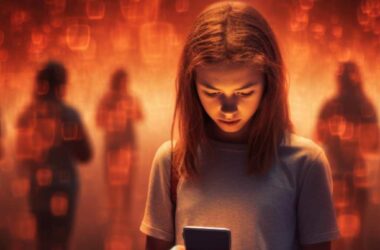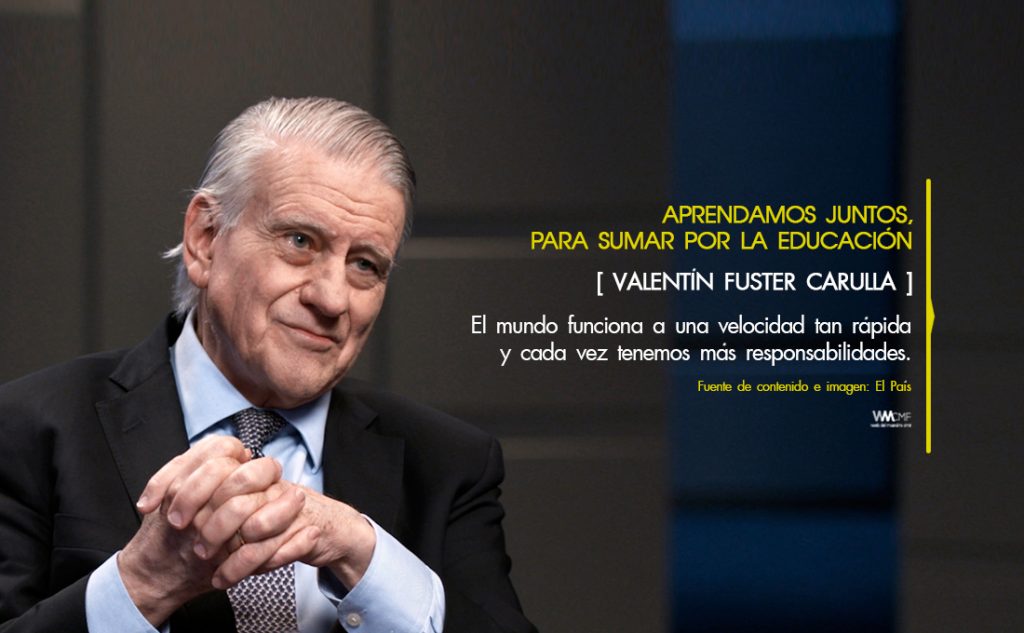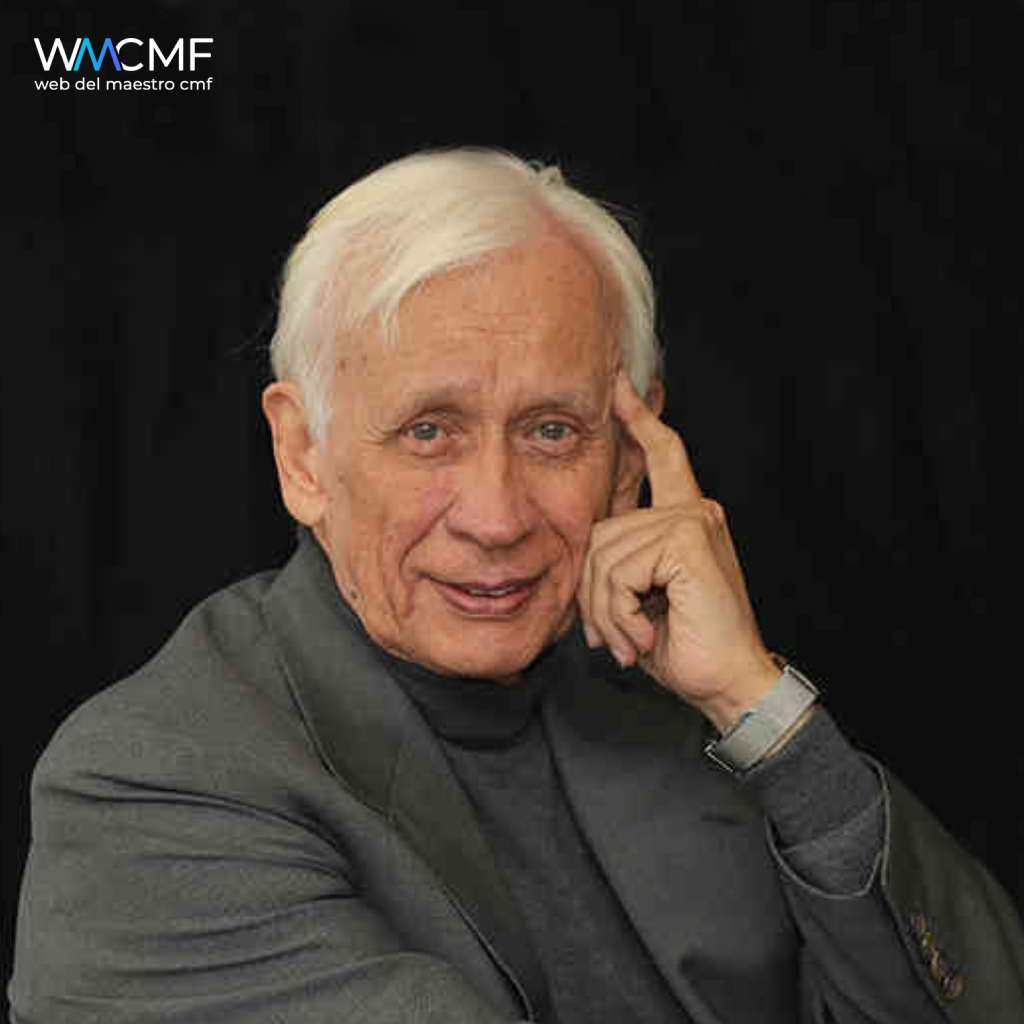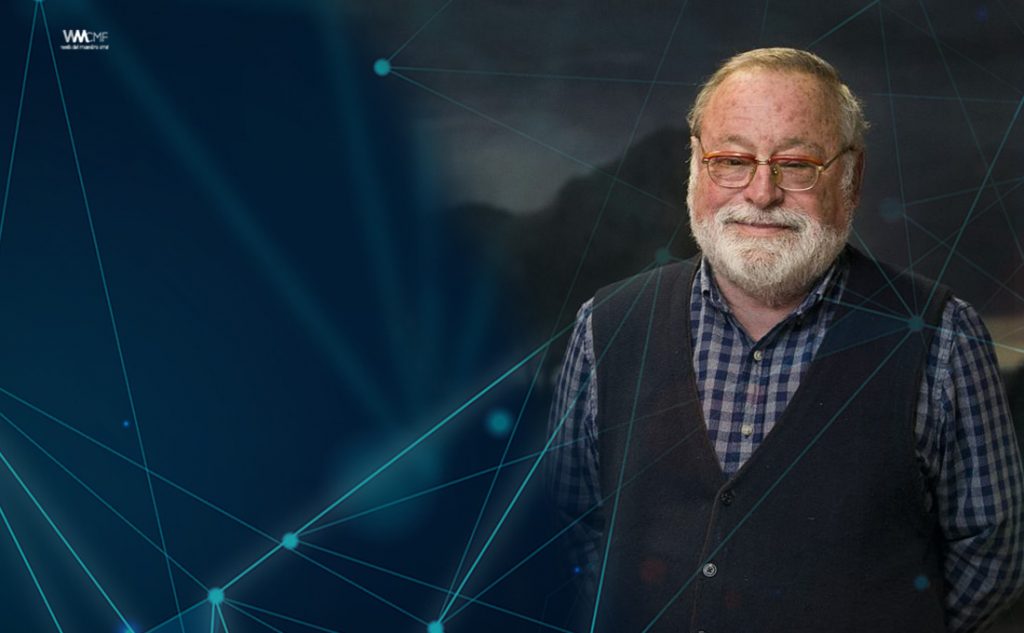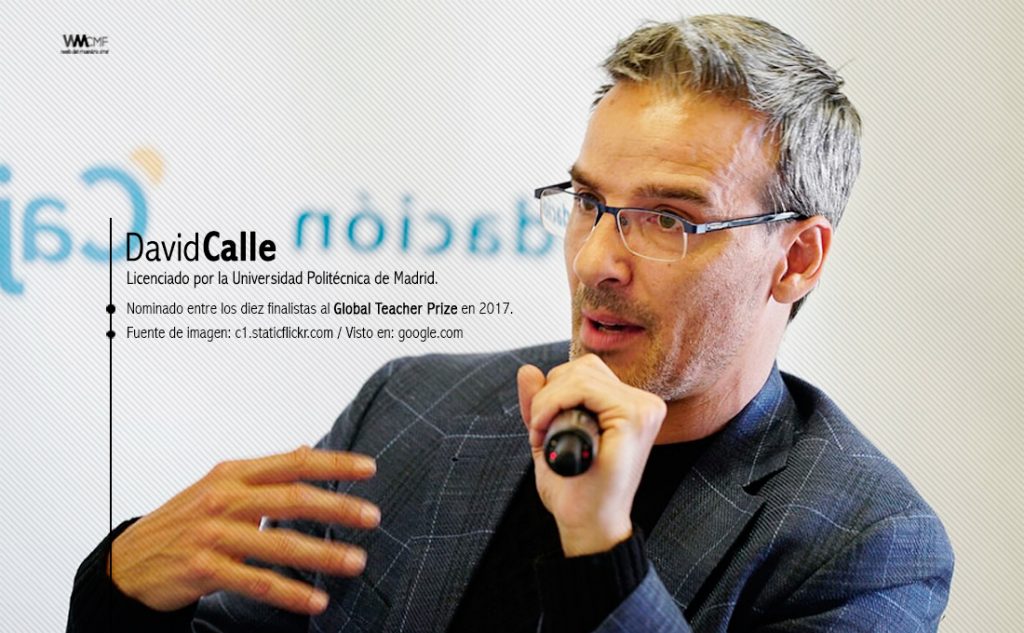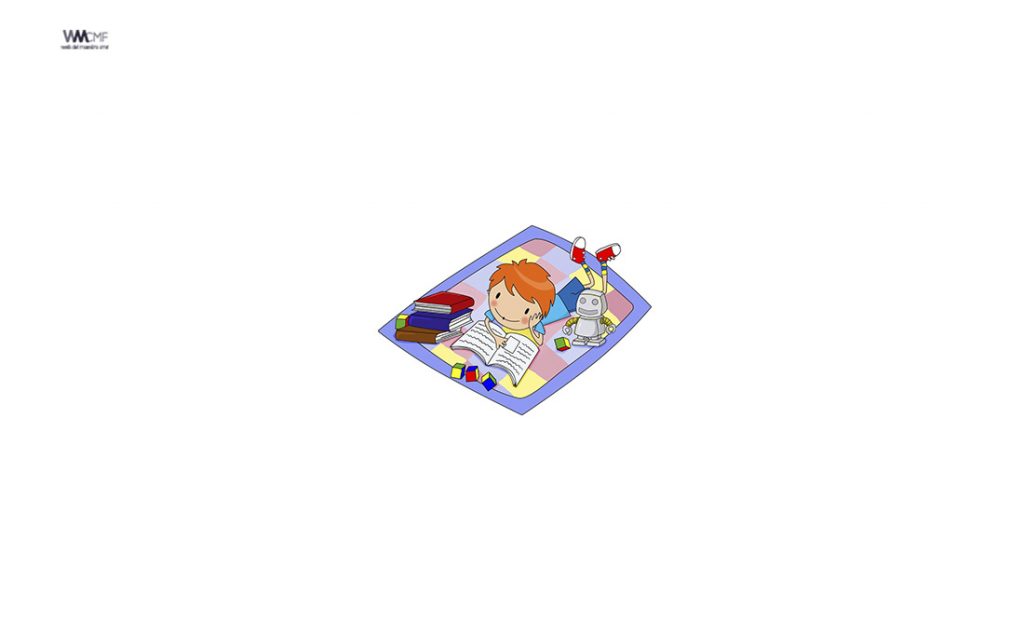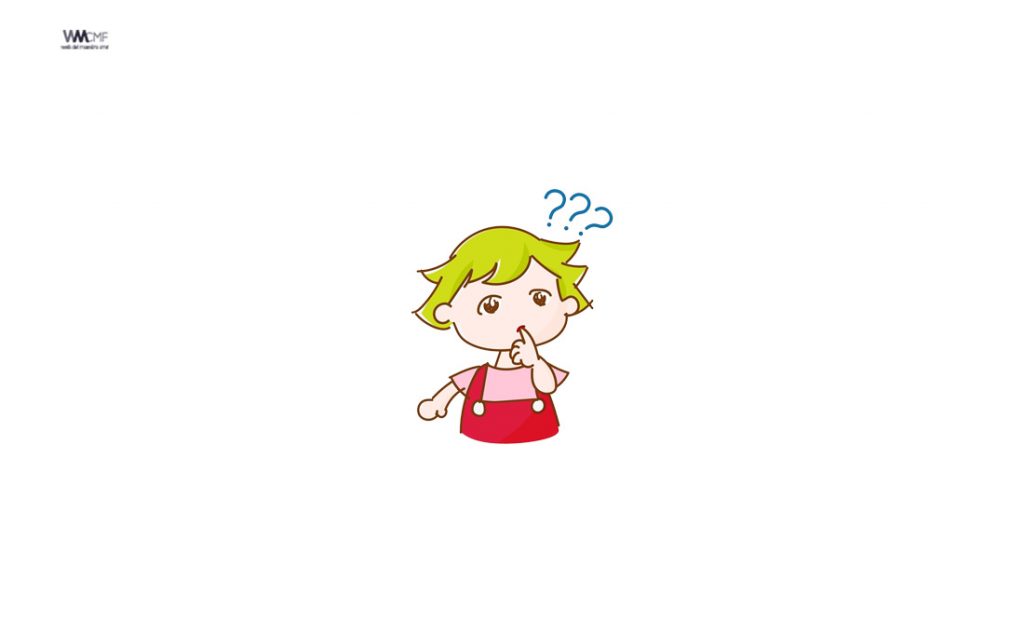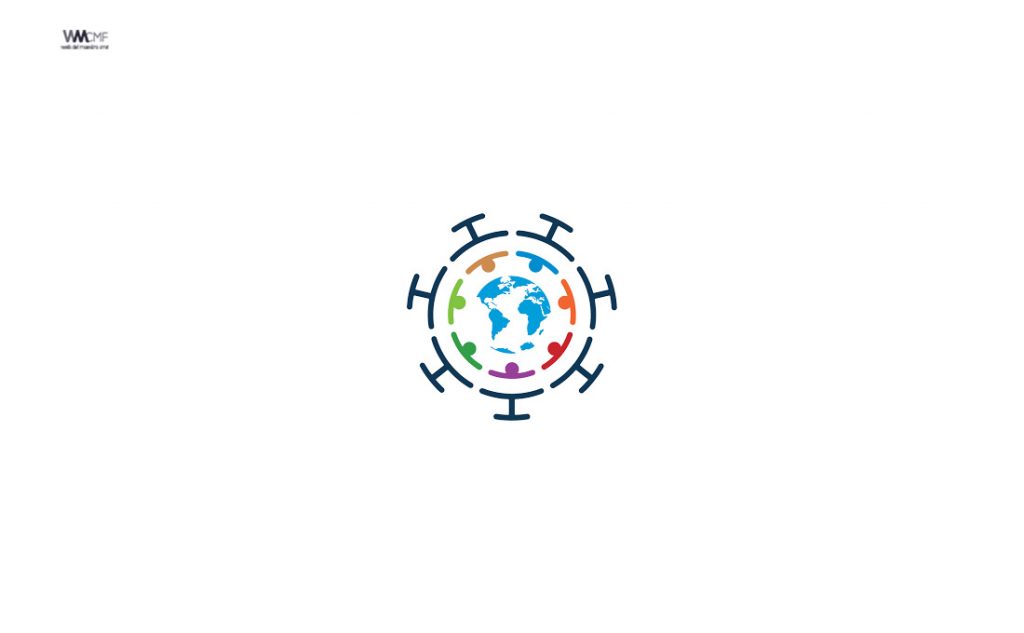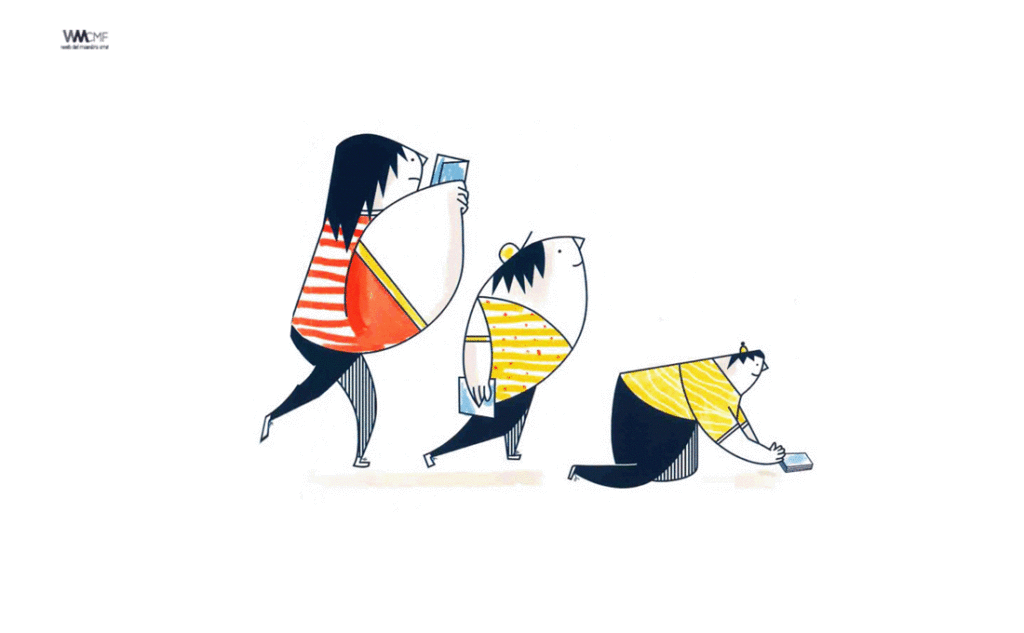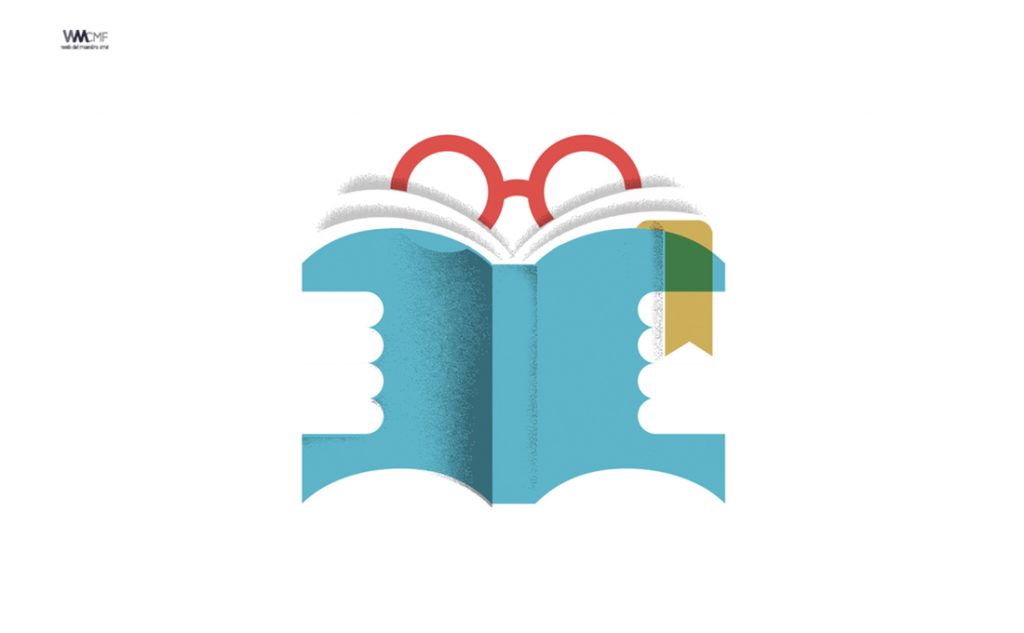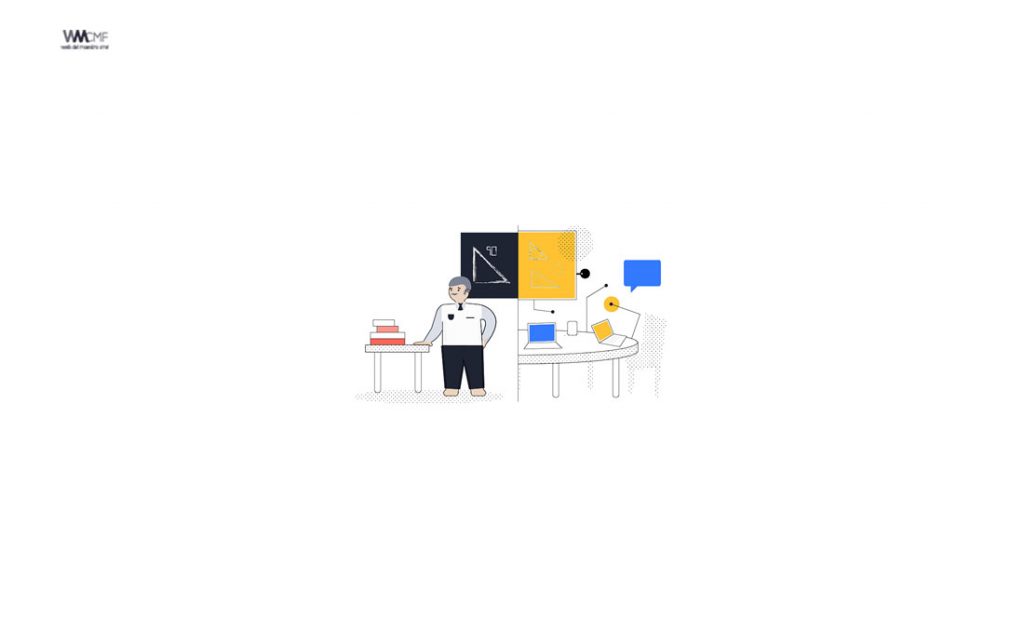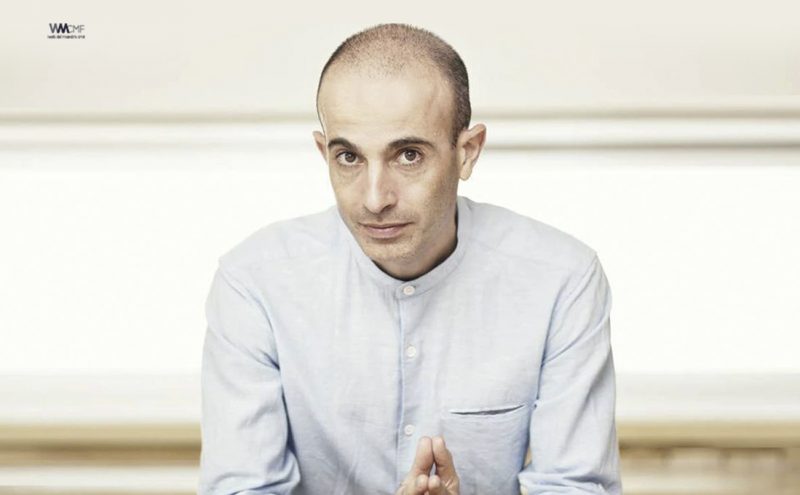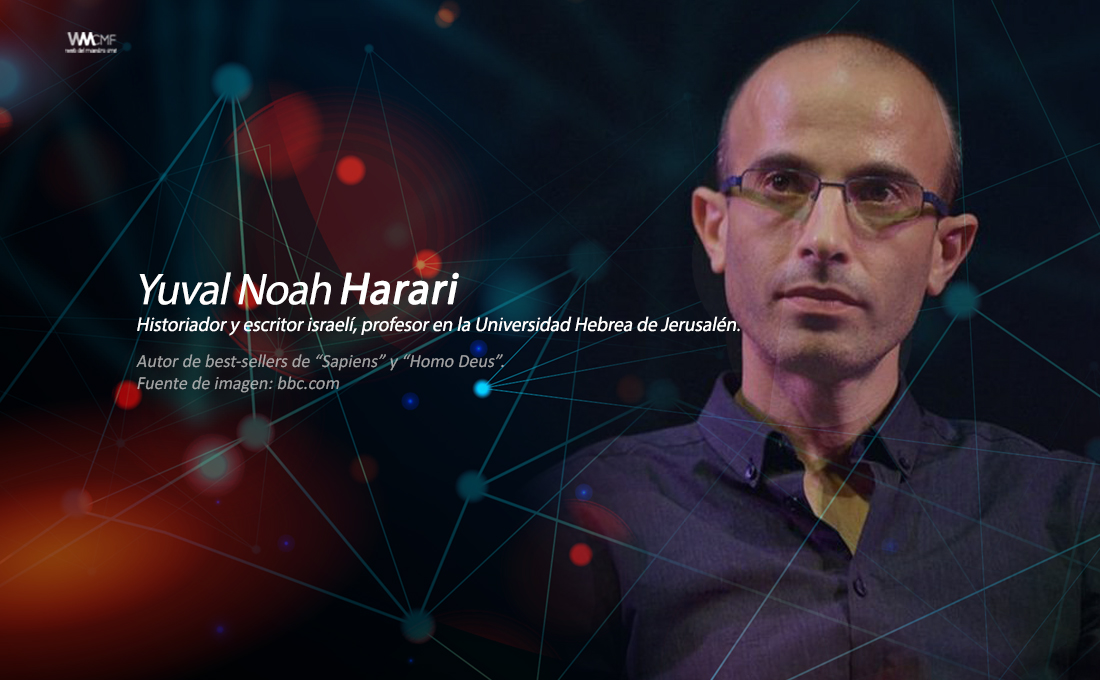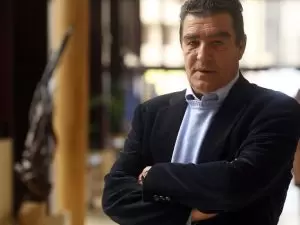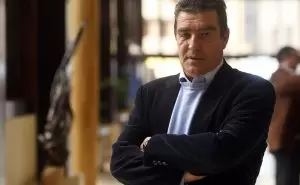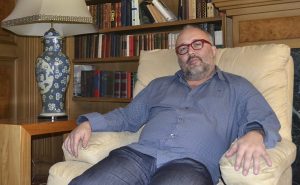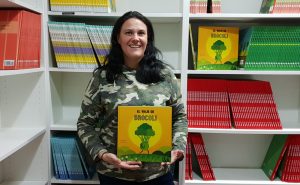Yuval Noah Harari (Haifa, Israel, 1976) earned his doctorate in Oxford University and now is a professor in the History Department of the Hebrew University of Jerusalem. He’s the author of “Sapiens: From Animals to Gods”; “Homo Deus: A brief history of tomorrow, and 21 Lessons for the 21st Century”. Being the winner of multiple prizes, the historian and philosopher is consulted regularly by world leaders; considers that the Covid-19 crisis has covered the whole world and needs the practice of solidarity and international generosity to combat the epidemic; and if we trust in science, putting aside conspiracy theories, we will overcome the crisis and even come out much stronger, as long as there’s a leadership with a “global economic rescue plan.” (LA NACIÓN)
THE BATTLE AGAINST THE CORONAVIRUS, HUMANITY IS LACKING LEADERSHIP
From his reflections, emergency measures like distance education will become a vital element in future global education because “that is the nature of emergencies”. They push further and quicker historical processes. Decisions that would otherwise normally take years of deliberation are approved within a few hours. New and possibly dangerous technologies are placed in service, due to the greater risks of just doing nothing. Whole countries are serving as test subjects in large scale social experiments. What happens when everybody works from home and only communicate from long distances? What happens when schools and universities interconnect? In normal times governments, companies, and boards of education would not agree on doing these types of experiments. These are not normal times.
Yuval Noah Harari Israeli historian and writer, professor at in the History Department of the Hebrew University of Jerusalem
Author of bestsellers “Sapiens” and “Homo Deus”
Image obtained at bbc.com
We recommend this reading of a Yuval Noah Harari publication: THE WORLD AFTER CORNAVIRUS FREE READING
As professors, trained to be experts in teaching how to learn, we know that “the study of philosophy pursues, among other things, to awaken, exercise and consolidate in the teacher the desire to go beyond the merely apparent, in a dynamic of criticality and the capacity for reflection and ethical appreciation, esthetics and permanent epistemics: … to attend, confront and answer the questions and educative proposals in times like these of world sanitary emergency.
Our professional activity should not only be the pedagogy of the what or the how, but also from the perspective (in no way inconsequential) of the “whys” and “what for”; propitiating with it the development of: “critical consciousness”, “intelligent dialogue” and “proactive engagement” (cf Philosophy and teacher formation for a construction and consolidation of a more conscious, critical and engaging educational praxis). And this impulse of permanent teacher formation motivates us to share with you this article.
We’re facing the challenge of inventing a new educative route, but also obliged (by vocation) to revise education through the lens of philosophical inquiry of the what and the whys. We need not interrupt academic formation supported by all possible digital media, answering us the question: what should we teach? Professor Harari responds with what he calls “The four Cs”: Critical thought, Communication, Collaboration and Creativity. And for this we need the specialized and particular help of philosophy.
For education, in this worldwide health emergency, new perspectives are arising “there’s a whole world to conquer”. But one of the questions we educators need to ask ourselves is: how to escape from such dystopic and inhuman future? Professor Harari probes the following answer: “You could be completely happy ceding all authority to algorithms making decisions for you, […] if you wish to maintain certain amount of control over your personal existence and your life, you have to be faster than algorithms, faster than Amazon or the government, and to know yourself before they do.”
We suggest you read the prior thoughts (and some that will come in the following answers) in this article: LO QUE NECESITAN LOS NIÑOS PARA TRIUNFAR EN EL 2050, SEGÚN HARARI
For purely educative purposes, we’ll be sharing parts of five interviews (highlights and cursives are of our doing), granted by Professor Harari, that we hope will motivate you to read (and maybe share) the complete dialogues, whose links with their sources we indicate at the end of the parts chosen freely by our web redaction team of Master CMF, moved by the certainty that “what children learn today probably will be irrelevant in 2050”. We are teachers of a generation that will surpass us in time, and because of that we must guarantee they will have with them a learning in tune with the great changes that await them after this Covid 19 pandemic.
CRISTINA GALINDO: What worries you the most about technology?
YUVAL HARARI: “[…] Thanks to big data, artificial intelligence and automated learning, for the first time in history it is starting to be possible to know a person better than they know themselves, it is possible to hack human beings, to decide for them. In addition, we begin to grasp the biological knowledge necessary to understand what is happening inside, in their brain. We have an increasing understanding of biology. The big issue is biometric data. It is not just about the data you leave when you click on the web, what you say or where you go, but about the data that tells what happens inside your body. Like people who use apps that collect constant information about blood pressure and heart rate. A government could track that data and, with enough computing power, it could get to a point where it could understand me better than I understand myself. With that information, that government can easily begin to manipulate and control me in the most effective way ever.»
CRISTINA GALINDO: Doesn’t that sound a bit like science fiction?
YUVAL HARARI: “We are already seeing how advertisements are being tailored individually, because there is enough information about each one of us. If you want to create a lot of tension within a country regarding immigration, all you have to do is have a few hackers and trolls spreading personalized fake news. […] And people in that country will admit it due to the tendency to believe those things. […] This happened in the 2016 US elections and in the Brexit campaign”. YUVAL NOAH HARARI, THE AUTHOR OF ‘SAPIENS’: «TECHNOLOGY WILL ALLOW TO ‘HACK’ HUMAN BEINGS»
Korean professor Byung-Chul Han is in this same line of thought, and this you can verify by following the link: THE PANDEMIC HIGHLIGHTS THE SOCIAL PROBLEMS, THE FAILURES AND THE DIFFERENCES OF EACH SOCIETY
EFE: What will be the most important effects of the coronavirus crisis?
YUVAL HARARI: “I think it’s important to understand that we are rewriting the rules of the game. […] We are witnessing many experiments on millions of people, […] and we do not know what the consequences will be. I would like to highlight two main elements: first, that there is nothing predetermined in the way to deal with this crisis and that there are many options, not just one and, second, that the decisions we make will have an impact for years and decades and will reshape the planet. My main concern is that, due to short-term choices, people will make wrong decisions… What we choose in the next month or two will change the world for years or even decades.
Related article: PETER SENGE: THE TEACHER OF THE 21ST CENTURY HAS TO TEACH ABOUT WHAT HE DOESN’T KNOW
EFE: What positive elements can be obtained from the current situation?
YUVAL HARARI: “Beyond understanding the need for greater global solidarity, […] we must face more effectively other global problems, such as climate change. In recent years, there has been a lot of talk about the danger of an epidemic and governments and citizens have not invested enough effort to be prepared, because it is always easier to focus on immediate concerns than on future dangers. But now we realize that it was a huge mistake not to prepare for this contingency, and I hope we can learn the lesson … Another positive lesson is the importance of science education and trust in science and its experts. […] Now we understand the immense importance of listening to these experts, that they tell us what is happening and what we should do”. LET US CHOOSE BETWEEN A UNITED HUMANITY OR SELFISHNESS: HARARI
MATTHIAS SMICHT: These days when you wake up in the morning, don’t you feel like you’re in a disaster movie or a science fiction dystopia?
YUVAL HARARI: “That is the advantage that historians have; throughout my career I have read a lot about epidemics and exceptional situations. Some things are familiar to me. What we are experiencing is not science fiction, only the normal flow of history”.
MATTHIAS SMICHT: Does the behavior of society scare you more than the disease itself?
YUVAL HARARI: “The greatest danger is people, not the virus. If we collaborate nationally and internationally, we will move forward without any doubt. But the real problem is the lack of global unity. I believe that quarantines and lockdowns are relevant measures, but they should be carried out in a coordinated way around the world. We need collaboration and exchange with other countries, but what is happening at the moment is terrible. Instead of a joint production of tests, protective clothing and respirators and a coordinated distribution among all countries, what we are seeing is that the richest are trying to get everything. Everyone looks only after themselves. States should have helped each other out instead of neglecting their victims. They should share honest and truthful information and not only think about their economy. But that would require a high level of international trust.”
MATTHIAS SMICHT: Do people only learn when they fear for their lives?
YUVAL HARARI: “Fortunately, it is not the only way, but it is the most effective. […] Now it is humanity as a whole that has the opportunity to reflect on how we have lived during the last decades. And about what things we should probably change when the crisis is over”.
Suggested article: DIGITAL EDUCATION: EDUCATIONAL TRENDS AND CHANGES
MATTHIAS SMICHT: The virus is demonstrating that all of us belong to the same species.
YUVAL HARARI: “For the virus there are no Europeans, Chinese or Iranians. We are all Homo sapiens: it is a great discovery”. YUVAL NOAH HARARI: «WE WILL OVERCOME THE PANDEMIC, BUT WE AT DANGER OF AWAKENING TO A DIFFERENT WORLD»
FÉLIX BADIA: What will the world be like the day after the coronavirus?
YUVAL HARARI: “We are the ones who have to decide. The current pandemic does not force us into a deterministic future; what’s more, it compels us to make many choices. And different choices will shape different futures.»
FÉLIX BADIA: You have said that the societies of the next decades will depend on the decisions we make in the immediate future. Therefore, are we at a critical moment of change for humanity?
YUVAL HARARI: “Yes. History is speeding up: the old rulebook is falling apart and the new one is still being written. We have entered a very fluid moment historically speaking. We are conducting huge social experiments with hundreds of millions of people: […] universities and schools have switched to online teaching; […] governments and individuals are trying to do things that a few months ago would have seemed just impossible. […] Soon a new order will emerge and will get consolidated, and therefore the moment to influence the direction of history is now”.
FÉLIX BADIA: Are you optimistic or pessimistic?
YUVAL HARARI: “I cannot predict the future; I can only try to influence the decisions made in the present. Ultimately, I believe that our greatest enemies in this crisis are not viruses. Our greatest enemies are our inner demons: hatred, greed, and ignorance. […] On the other hand, if in this moment of crisis, we unify with others all over the world; if we generously help those most in need; if we strengthen our trust in science and responsible media, it will be much easier to defeat this epidemic, and we will ultimately live in a much better world. » YUVAL HARARI: «YOU HAVE TO CONTROL WHAT THE POLITICIANS DO AT THIS PRECISE MOMENT»
HUGO ALCONADA: Given that we are social animals in solitary confinement (or almost) in so many countries, can this pandemic in some way and permanently change the way we work and interact?
YUVAL HARARI: “It won’t change human nature, but it will definitely change many institutions. […] That’s why, when the crisis ends, I don’t think my university will return to its old self. Another example is the use of robots. […] Now there is an urgent need for caregivers and robots are ideal because they cannot be infected. Many institutions will start using robots for more and more jobs and when the crisis ends, I am not sure whether the robots will return to the warehouse. They will be kept for at least some of those jobs. It is clear that by the end of 2020 we will live in a new world. I hope it’s a better world”. YUVAL NOAH HARARI: «THE LACK OF GLOBAL SOLIDARITY AND LEADERSHIP REPRESENTS AN IMMENSE DANGER TO HUMANITY»
“Will we walk the path of discord, or will we follow the path of global solidarity? If we choose discord, this will not only prolong the crisis, but it will likely lead to even worse catastrophes in the future. If we choose global solidarity, it will be a victory not only against coronavirus, but against all future epidemics and crisis that could bash humanity in the 21st century”.
Original translation by Carla Zapata.
WEB DEL MAESTRO CMF




